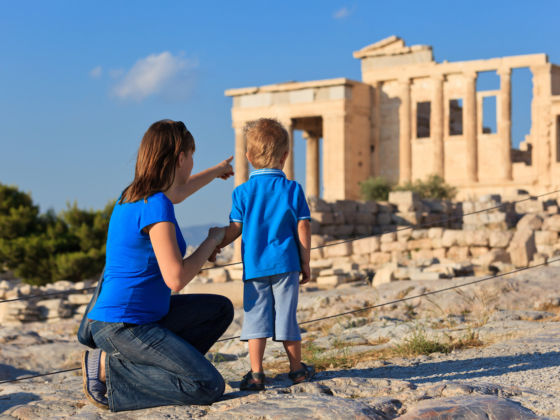From mainstream to world schooling.
When you find out that you’re becoming parents, one of the first things you begin pondering is your child’s education. We were just like any other mainstream parents. We were certain that we would send our children to public school, or maybe even private school.
Gradually, over the course of the first two years of our eldest son’s life, we became committed to attempting homeschooling. There was no defined path, but soon this transitioned into a practice called world schooling, which gave our whole family the freedom to travel the world while continuing our children’s educations — on a global scale. Whether you’re a skeptic or you’re considering this method yourself, here is everything you need to know about world schooling.
